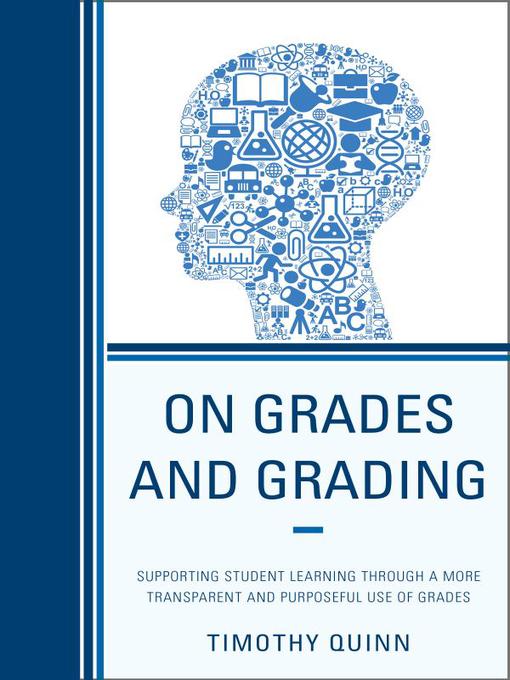- Featured Magazines
- Let's Get Cooking!
- News, Politics, and Business
- Lifestyle Magazines
- Popular Magazines
- All Magazines
- See all
-
Description
-
Details

Kindle Book
- Release date: August 1, 2013
OverDrive Read
- ISBN: 9781610489133
- Release date: August 1, 2013
EPUB ebook
- ISBN: 9781610489133
- File size: 1495 KB
- Release date: August 1, 2013
